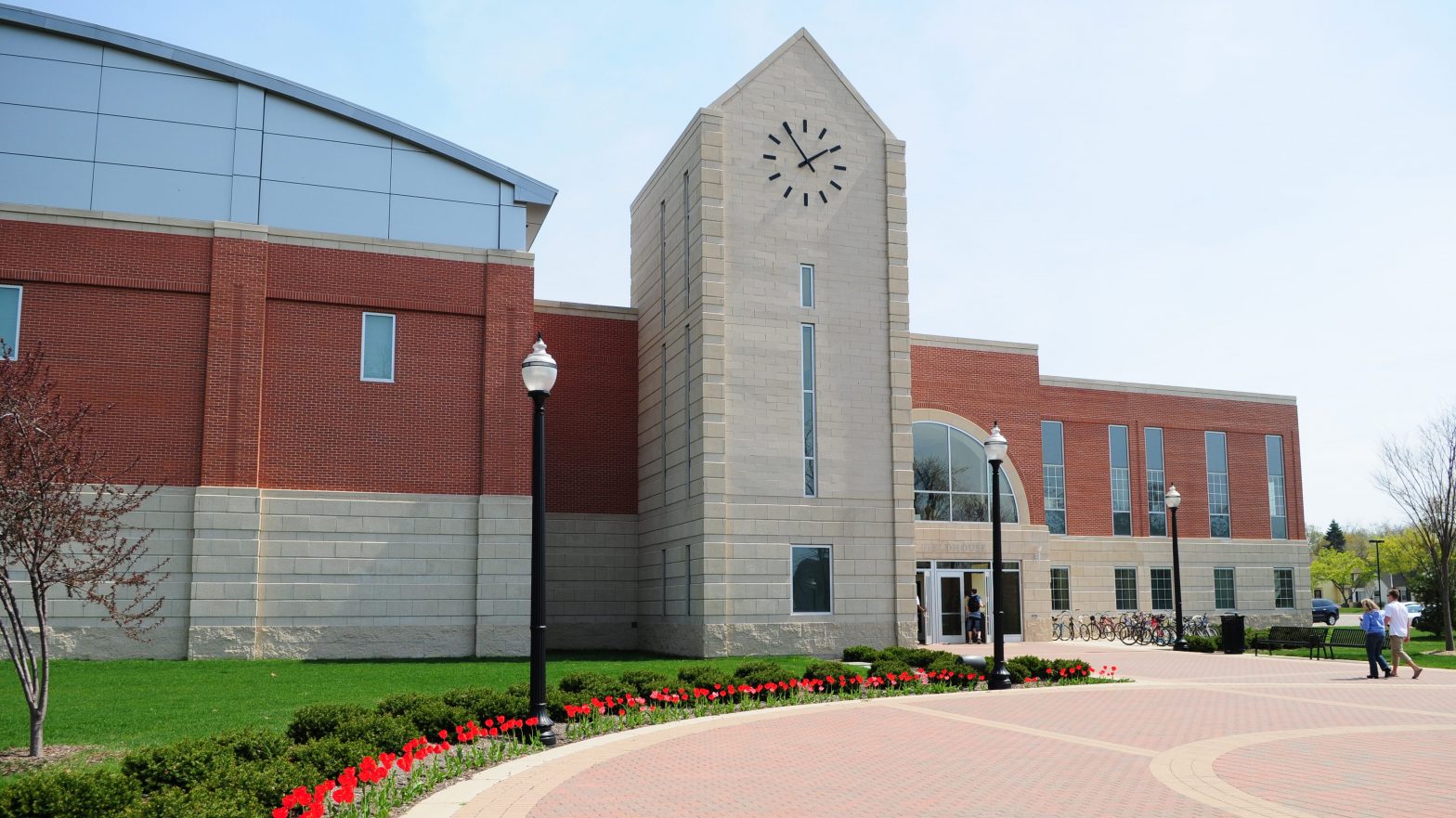Tim Koberna is the Head Athletic Trainer and an Assistant Professor of Kinesiology at Hope College. He is passionate about student resiliency and grit, and approached CAPS about ways to collaborate to support all Hope students–in particular, the approximately 600 student-athletes–during this time. In that spirit, he writes the following to the Hope community in the first of a series of posts.
As the COVID-19 pandemic continues to grow throughout the United States, all of us in the Hope College community are dealing with loss. In some ways, our losses are unique to our own situations, and in other ways, we share some similar disruptions. The magnitude of loss is certainly different for each of us, but for all of us, the effect of these hardships can never be quantified.
Here at Hope, our losses range from the halting of sports seasons, to the cancellation of the SEED sports evangelism trips, from the virtual shift of the traditional student and faculty collaborative research symposium, to the postponement of theater and art performances and other academic showcases.
Embrace that for which you grieve; name the loss and the feelings you experience, and by doing so you take back the power to continue.
The experts remind us that it is OK and expected to have a host of emotions because of these disruptions, because we recognize that each person has their own way of dealing with grieving. When we feel the pain of loss, it is a reminder of what we have loved and lost. The experience of anger, sadness, anxiety and all of their different combinations in grief are evidence that we are longing for and missing the things we love.
There is no “right way” to grieve, but the experts agree that we stay healthiest if we let it occur and unfold over time. There may be a temptation for some of us to never show an emotional response as we experience loss, but with the right support and to the right people in our lives we can move through the loss when we take the opportunity to be appropriately vulnerable. Grief becomes most problematic when we either 1) never allow ourselves to feel and express the emotions that arise from the loss, or 2) become unwilling or unable to continue moving forward in life because of the loss.
If there is no right way to grieve, what might someone see in themselves and others during this time? Dr. Jennifer Carter, a sports psychologist from Ohio State shares the following:
Common emotional reactions to grief:
- Shock/ denial/ numbness/ a sense of unreality
- Anxiety and fear, which may relate to insomnia and a feeling on edge
- Second guessing ourselves (If only I’d…”)
- Sadness and loss
- Anger
- Loneliness
- Questions about why this happened1
Dr. Carter also has some suggested responses you can try as you navigate the pain of loss:
How do we take care of ourselves in times like this?
- Practice deep cleansing belly breaths to decrease stress and help sleep
- Engage in your routine, class, exercise or practice, drawing or coloring, listening to music…etc.
- Seek support from your friends, teammates and family
- Try to get regular sleep and nutrition
- Reach out to a counselor, spiritual advisor, peer, friend, teammate, coach or athletic trainer1
- also, try some of the skills in CAPS’ Discussions with Dash blog posts
On March 25, President Scogin gave a virtual chapel message based on the text of 1 Thessalonians 4:13 (NRSV) “…so that you may not grieve as others do who have no hope.” He encouraged the campus to not grieve without hope, which he called “mourning,” because that would have a lasting, harmful effect on oneself. Instead, he said to “marinate” your negative emotions in hope.
In this midst of this loss, President Scogin pointed toward where to find this hope by paraphrasing Romans 8:28: “God will work all things together for good in the end.” The Christian faith asserts that all will be worked out in the end with God’s goodness as we keep our hope.
Hope students and student-athletes, embrace that for which you grieve; name the loss and the feelings you experience, and by doing so you can take back the power to continue. With Hope. #BeStrongBeTrue #KeepingHope
People are like stained-glass windows. They sparkle and shine when the sun is out, but when the darkness sets in, their true beauty is revealed only if there is a light from within.
Elisabeth Kubler-Ross, renowned expert on grief 2
If you would like to connect with someone in CAPS, call our office at 616.395.7945 during our office hours.
Are you following CAPS on social media? We have a Twitter and Instagram account with links, healthy reminders, and other good stuff.
Looking to learn more about grief, the grief process, or the pain of loss? You can find more about grief and loss on the CAPS web page by clicking on the Find Resources to Help You Grieve button. Other information about Counseling and Psychological Services can be found at hope.edu/caps.
If you have heard about “stages” of grief, the most famous grief and researchers and writers are Elisabeth Kubler-Ross and David Kessler. More information about Elisabeth Kubler-Ross is available at ekrfoundation.org. A link to the page for David Kessler can be found at grief.com.
1 Carter, Jennifer, PhD.: The Ohio State University Scarlet and Grit Blog, Dec. 2014 https://u.osu.edu/sportpsychology/2014/12/
2 Elisabeth Kubler-Ross Foundation: https://www.ekrfoundation.org/elisabeth-kubler-ross/quotes/


